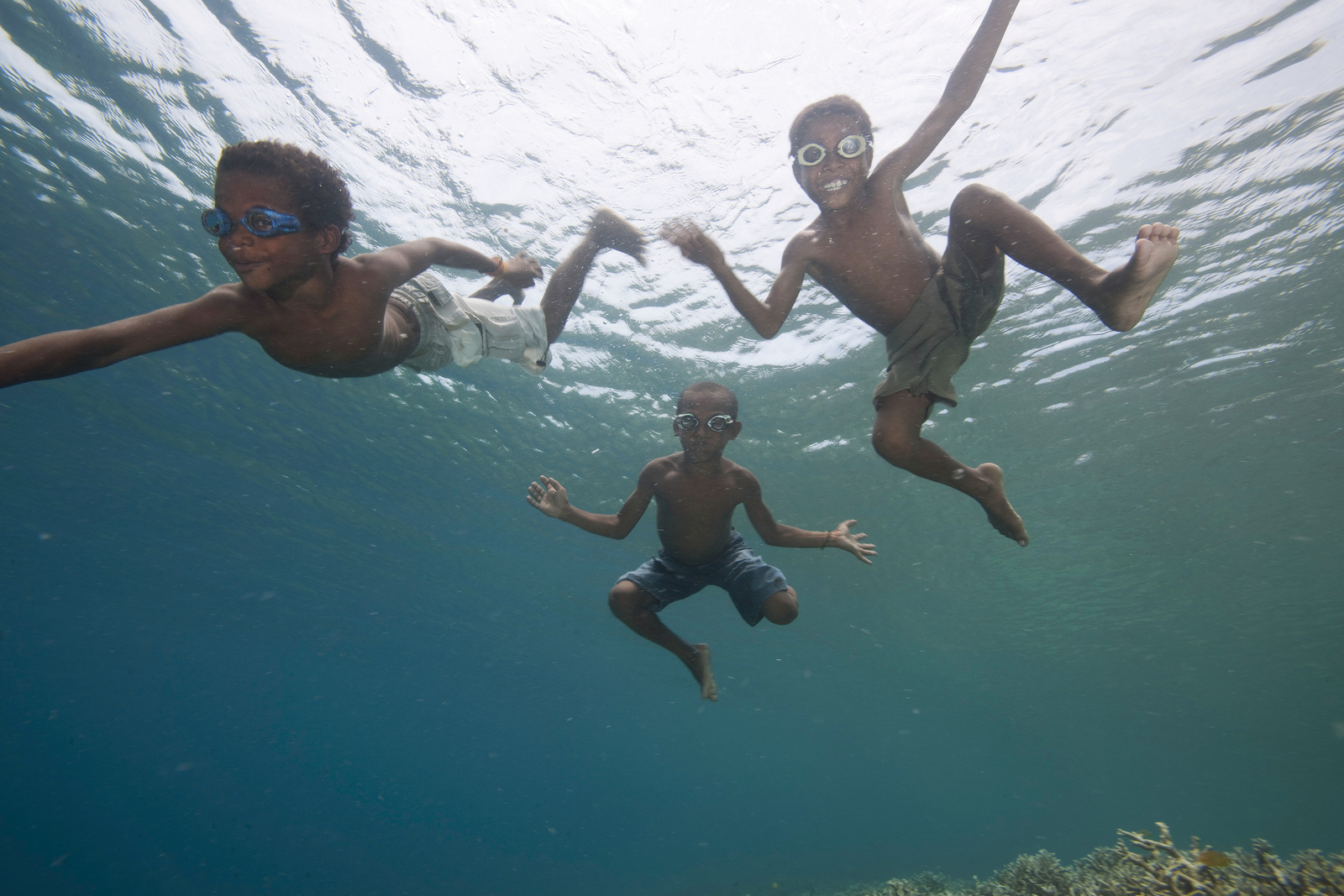Tailor Solutions to Scale
There is no one-size-fits-all approach to strengthening local leadership and institutional capacity. These efforts are most effective when they are tailored to local situations, are demand-driven, and emphasize learning by doing. For example, in the large, populous, multi-lingual Coral Triangle, an area comprised of six southeast Asian and Pacific island nations, The Nature Conservancy served as an incubator for the now independent Coral Triangle Center, which provides classroom and on-site training to community-based and government marine resource managers. This regional hub served nearly 2,500 people in its first five years, and actively promotes peer learning networks to foster the ongoing exchange of knowledge and best practices.
“By building local institutions, we really help build up society. Non-government organizations really can play a role building the capacity of local communities. Our niche, compared to international NGOs and universities, is that we can make things very practical, very basic, very interactive. We also experiment with more interactive approaches to make it fun rather than a very formal training.”
At the local level, traditional groups or other established social infrastructure can be effective mechanisms to strengthen conservation efforts. This is demonstrated most clearly by the tribal networks in the Solomon Islands and Papua New Guinea (see Scaling Up, Solomon Islands) and the networks of community groups and leaders in HawaiʻI (see Scaling Up, Hawaiʻi). Though each network is unique, they all offer valuable platforms for enhancing skills and advancing specialized knowledge. In Hawaiʻi, for example, the networks coalesced around reviving traditional management practices to restore the ecological health of moku, ahupuaʻa, and ancient fishponds. The benefits extend to the hundreds of volunteers involved in restoration efforts, many of whom will evolve to be tomorrow’s leaders.
Adapting existing approaches and institutions to changing circumstances can also provide effective solutions. For example, the Micronesia Conservation Trust (MCT), founded to deliver long-term funding and capacity-building, initially served one country. As a result of increasing demand prompted by the Micronesia Challenge, the MCT was later expanded to serve three independent nations: the Federated States of Micronesia, Republic of the Marshall Islands, and Republic of Palau; and two US trust territories: the Territory of Guam and Commonwealth of the Northern Marianas Islands.







